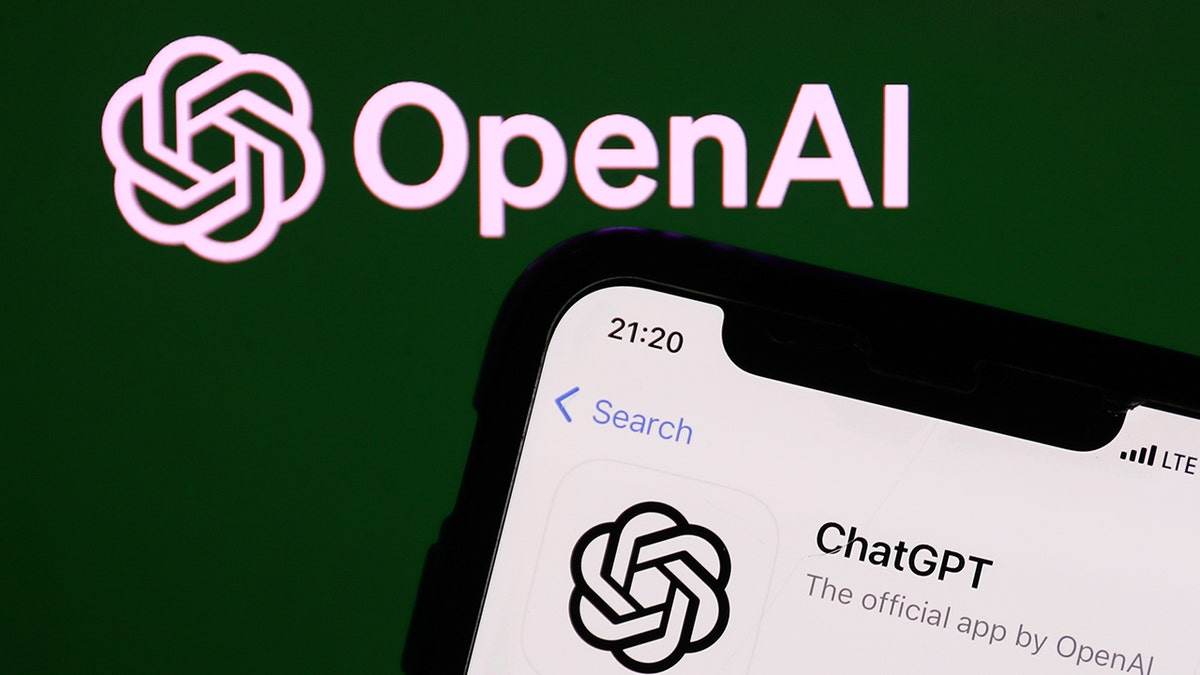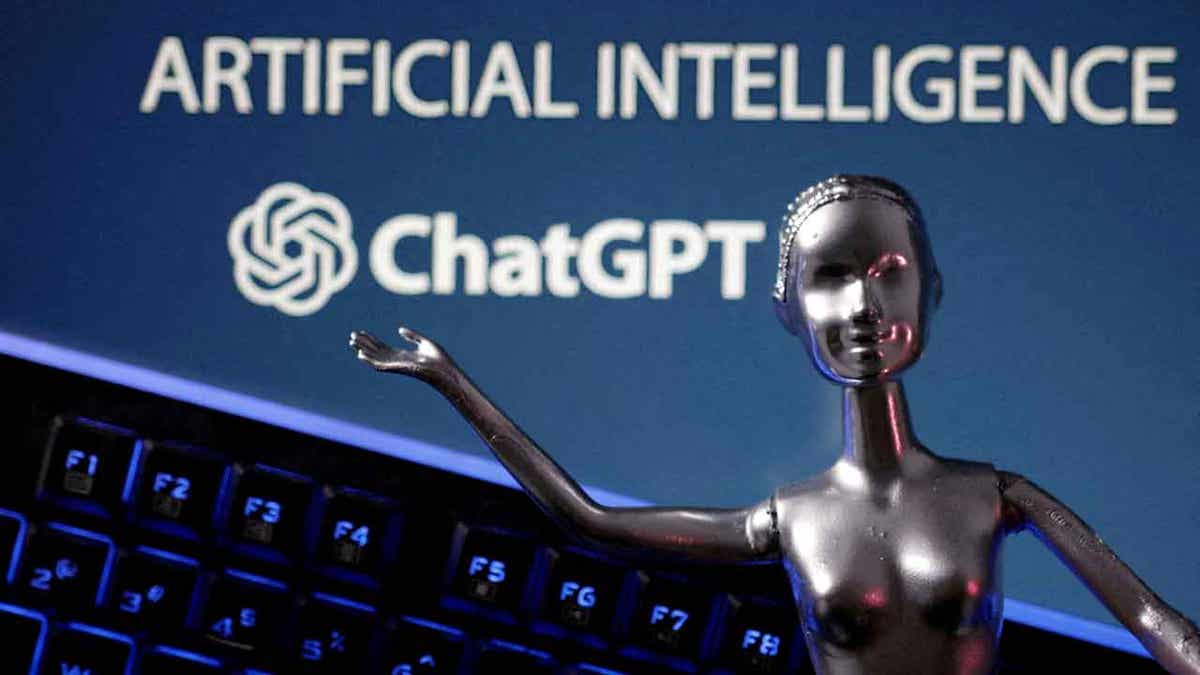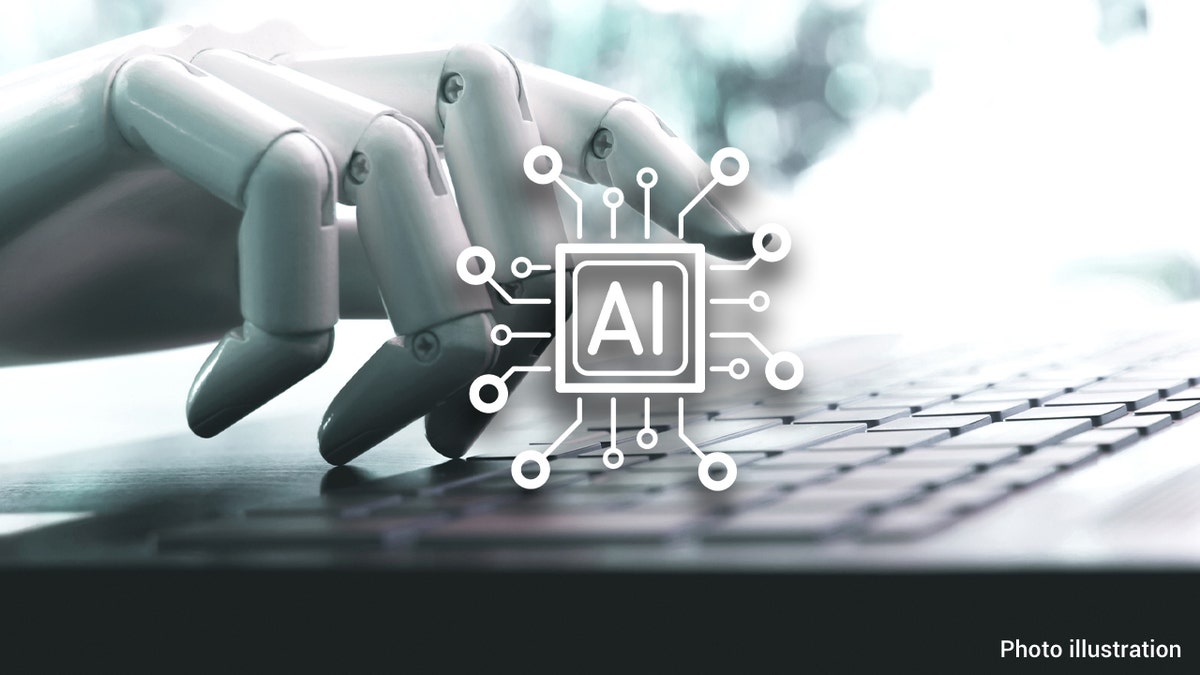The immense popularity of ChatGPT has inadvertently fueled a boom in AI detection software. Educational institutions and employers are increasingly turning to these tools to ensure the authenticity of written work. Companies like Winston AI and Turnitin are experiencing a surge in demand as concerns about AI-generated plagiarism rise.

These detection tools boast high accuracy rates, leveraging AI's own characteristics against it. They analyze text for patterns and anomalies indicative of AI generation, such as predictable language and repetitive phrasing. John Renaud, co-founder of Winston AI, highlights "perplexity" and "burstiness" as key indicators. Perplexity measures how closely a text adheres to typical AI language patterns, while burstiness identifies clusters of repeated words and phrases.

While concerns about AI-generated content becoming undetectable exist, Renaud believes that as long as AI relies on predictive data, detection will remain feasible. He emphasizes that AI models are trained on vast datasets, making their output inherently predictable. Winston AI uses deep learning to identify the specific patterns present in synthetic texts.

Turnitin, another leading AI detection platform, echoes this sentiment. Annie Chechitelli, Turnitin's chief product officer, argues that AI-generated text will always have telltale signs. She points to the vast amount of student data accumulated over years, which provides a rich training ground for their detection models. Furthermore, educators are increasingly adopting strategies like in-person assessments to establish baselines and further deter AI-assisted cheating.

The rapid growth of AI detection software reflects a broader shift in the educational landscape. While some institutions are embracing AI as a teaching tool, the focus on academic integrity remains paramount. The rise of platforms like Winston AI and Turnitin underscores the ongoing effort to maintain honesty and originality in student work in the face of evolving technology.
Comments(0)
Top Comments